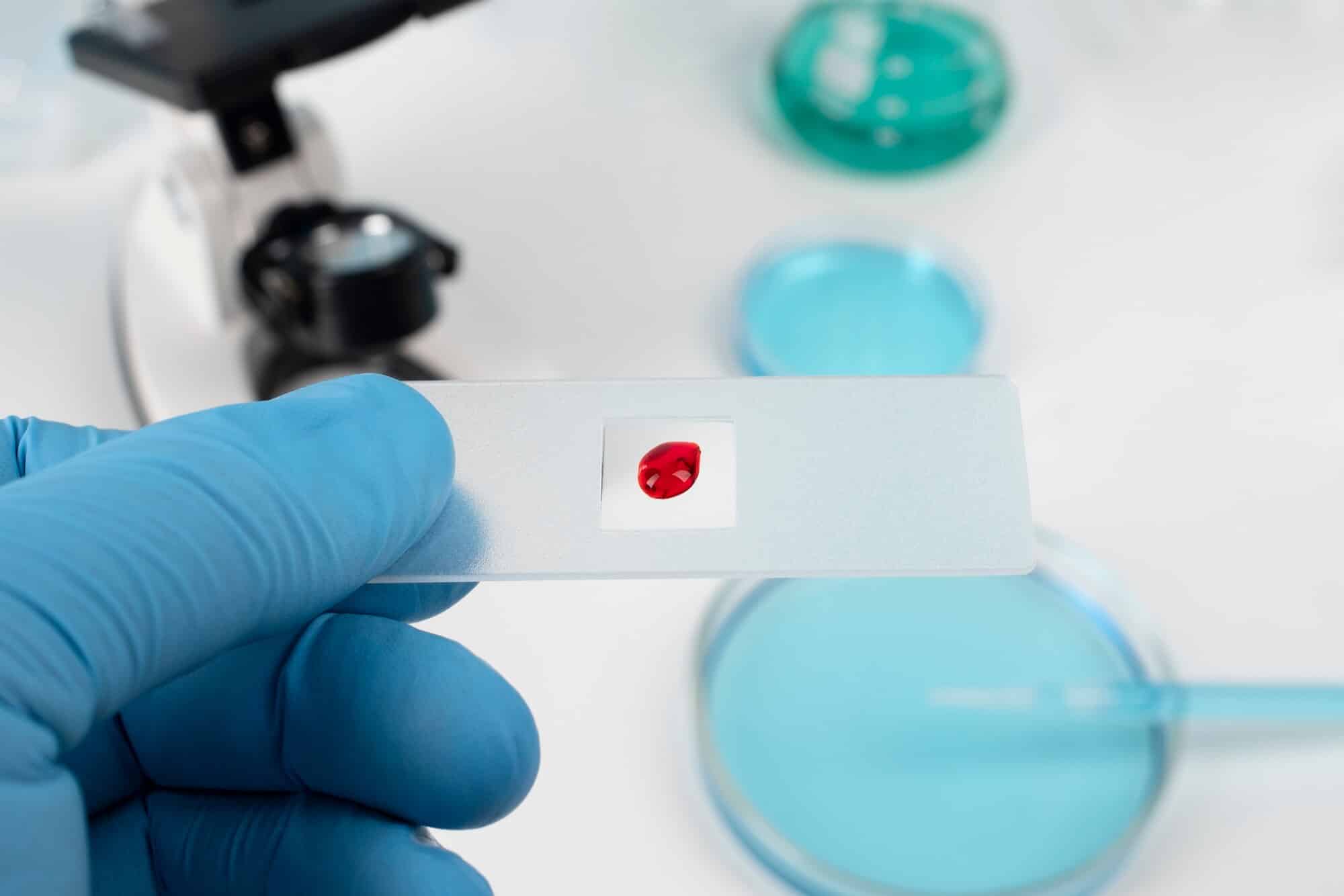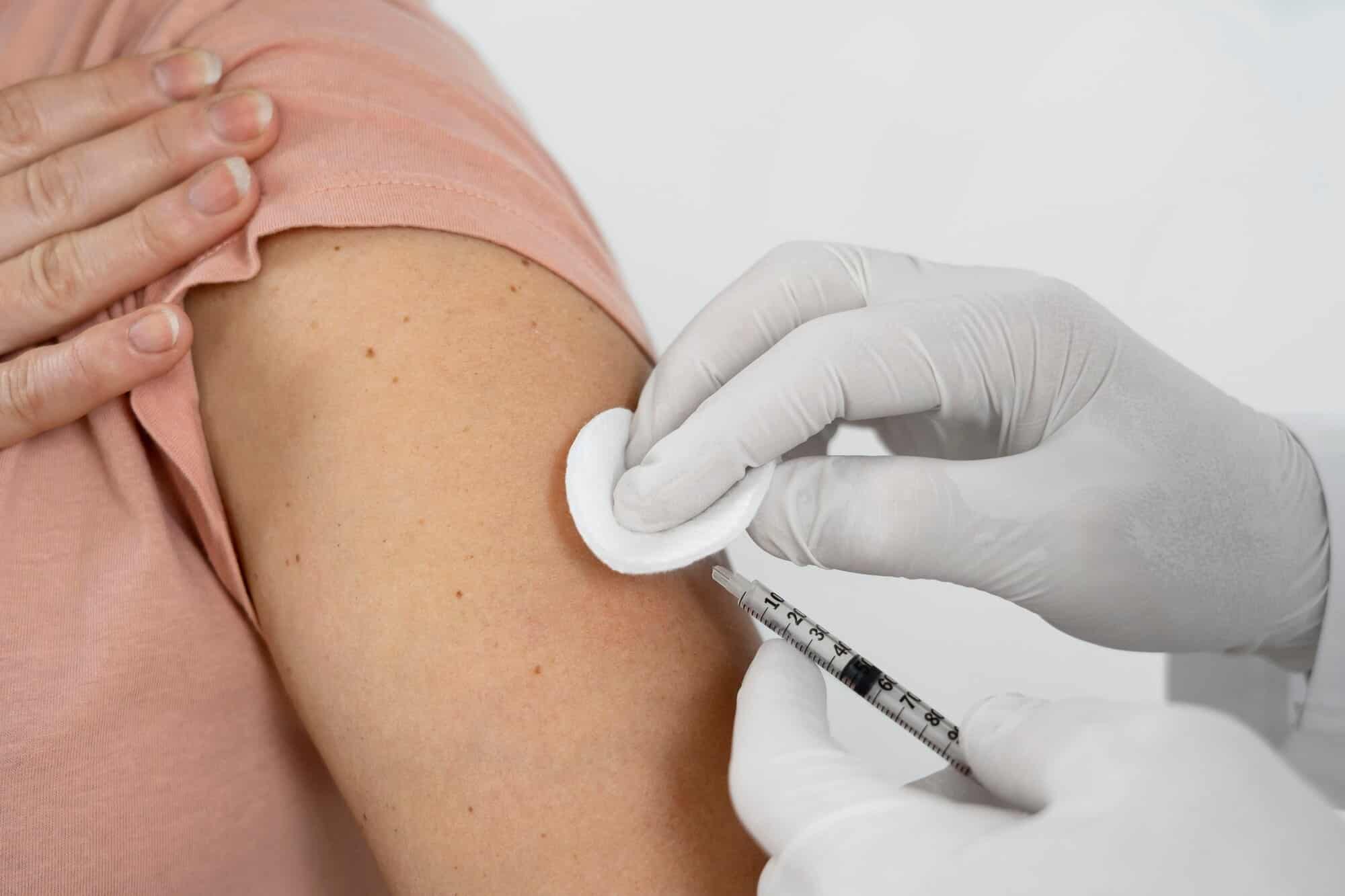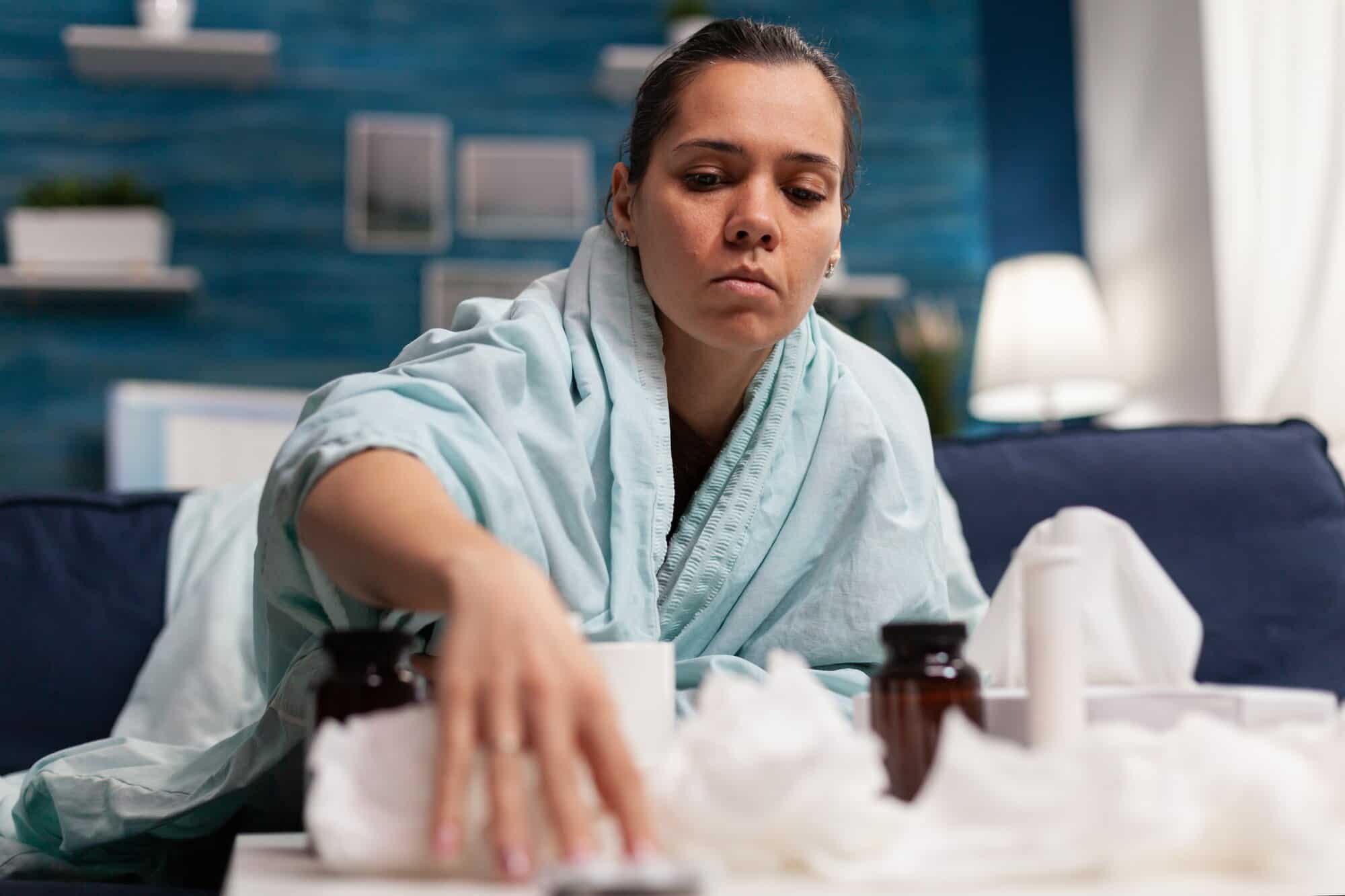
Sexually Transmitted Diseases (STDs) or Sexually Transmitted Infections (STIs), are mainly spread through sexual activity. All over the world, more than 1 million people contract STDs. These diseases are becoming more and more prevalent due to illicit drug injections, needle sharing, or contact with infected blood. An untreated STD can lead to various health complications. A few examples are infertility, bladder issues, blindness, reduced motor skills, and, in some cases, even cancer. In this blog, we will explain the hidden dangers of untreated STDs, their consequences, and their risks.
Hidden Dangers of Untreated STDs
Although getting tested for STDs and STIs can seem like a daunting task, the benefits of getting tested outweigh the risks of going untreated. Not testing in time can lead to serious health complications and place you and your loved ones at various health risks. Some of the long and short-term consequences of an untreated STD and untreated STI can lead to complications such as:
- Infecting others
- Becoming Infertile
- Endangering a Pregnancy
- Increasing risk of contracting HIV
- Developing serious complications
What happens if an STD goes untreated? Below are the risks associated with each of the following untreated STDs:
Gonorrhea
What happens if Gonorrhea is left untreated? Gonorrhea, if left untreated, can result in infertility in both men and women. Untreated STDs in males can cause advanced cases of epididymitis. Similarly, it can also cause pelvic inflammatory disease in women, which can lead to irreversible damage in the fallopian tubes, drastically reducing the chances of conceiving.
Chlamydia
Chlamydia, left untreated in females, may lead to Pelvic Inflammatory Diseases (PID), which can cause pregnancy complications such as ectopic pregnancy and even infertility.
Left untreated in males, Chlamydia can cause infertility issues.
Syphilis
Syphilis can cause blindness, reduce motor skills, and harm vital organs like your heart, eyes, kidneys, bones, and brain. If this STD is left untreated, it can also lead to dementia or death.
Hepatitis C
Hepatitis C can cause severe damage to your liver if left untreated, which causes multiple other health conditions like cirrhosis and liver cancer.
HIV (Human Immunodeficiency Virus)
If HIV is left untreated, it can significantly reduce life expectancy, making it easier for opportunistic infections, such as Pneumonia, Salmonella infection, and Tuberculosis (TB), to attack your body.
HPV (Human Papillomavirus)
HPV can lead to several cancer types, such as Cervical Cancer, Anal Cancer as well as Penile Cancer, etc.
How Long Can an STD Go Untreated?
If you are relying solely on the manifestation of symptoms for STD confirmation, then the STD can go untreated for as long as it takes you to get tested:
- You can be asymptomatic, which means that the infection has entered your body, but you have no apparent symptoms. These can also be called silent STDs; Chlamydia, for instance, is one that many times doesn’t have any symptoms.
- The incubation time period of the STD is longer than you would expect. It essentially means you can be infected, but the time period in which symptoms of any infections have not yet passed.
- Some symptoms of STDs can be ignored or even missed altogether because they can feel like a part of your body’s regular functioning, like the occasional cases of vaginal discharge, discomfort while peeing, or unusual body odors.
- STDs, at times, can even go undetected during medical testing if you get yourself tested too soon and the incubation period has not yet passed, which means the viral load in your body or the presence of the virus is not high enough to be detected.
Major Consequences for Untreated STDs
If you leave STDs untreated for too long, they can cause various health-related problems, such as,
Infertility
While talking about STIs, a crucial topic arises: whether untreated STDs cause infertility. Well, Chlamydia and Gonorrhea are the two more important causes of pelvic inflammatory disease (PID), which can be easily prevented. However, untreated PID can lead to infertility. On average, 10-15% of women with Chlamydia are likely to develop PID (Pelvic Inflammatory Disease).
Pregnancy Complications
Infections like HIV and viral hepatitis can cause serious complications in your pregnancy. Chlamydia and gonorrhea can also affect the baby if left untreated. Screening and timely interventions for these infections and vaccination against viruses, mainly Hepatitis B and HPV, can help to have a healthier pregnancy and reduce the chance of transferring the infection to your unborn baby.
Getting or Passing HIV
Sexually transmitted diseases (STDs) or sexually transmitted infections (STIs), are infections that can transfer from one to another via sexual activities such as anal, vaginal, or even oral sex. When left untreated, STIs can make you more susceptible to contracting HIV. An untreated STD can lead to sores or breaks in your skin, which in turn can make it easy for HIV to enter your bloodstream.
Increased Risk of Cancer
Few STDs and STIs can increase your chances of developing various types of Cancer; STDs such as HPV can increase your chances of Cervical, Vaginal, or Vulvar Cancer. STIs like Hepatitis B and Hepatitis C increase your chances of contracting liver diseases, which in turn can lead to Liver Cancer.
Developing Other Health Problems
Untreated STIs can result in a wide range of health complications. As time passes and the infection progresses without being treated, you might even begin to ask questions like – What STD can kill you if untreated? While STDs or STIs don’t kill you directly, they can alter your quality of life, which will eventually lead to death. Some outward signs of health complications caused by untreated STDs are:
- Chlamydia and Gonorrhea can cause infertility.
- Genital Herpes can lead to bladder problems and meningitis.
- Hepatitis B and HPV can cause cirrhosis, liver cancer, and cervical/ anal cancer, respectively.
- Syphilis can cause blindness, reduced motor skills, damage to vital organs, and dementia.
Recognizing Signs of Untreated STDs
The signs of untreated STDs like Gonorrhea, Chlamydia, Herpes, and more can often manifest in symptoms such as:
- Fishy Vaginal Odors
- Unusual anal/penis or vaginal discharge
- Sores or warts were developing on your genitalia
- Frequent as well as painful urination
- Itching is accompanied by redness in the genital area
- Blisters or sores develop in or around your mouth
- Abdominal pain
- Fever
Do STIs Go Away?
It is possible that over time, the symptoms that you are experiencing may improve on their own. It is, however, also possible that you have an STI with no apparent symptoms and might pass it to others without knowing.
If you are worried about having an STI, talk to our professionals at Equality Health, where you can get help making informed decisions.
Treatment Options and Prevention
STDs or STIs that are caused by bacteria are easier to treat. Infections caused by viruses can be treated but not necessarily cured.
Treatment
Treatment plans for STIs generally consist of either of the following depending on the kind of infection:
- Antibiotics: Antibiotics, often in the very first dose, can help cure multiple sexually transmitted bacteria as well as parasitic infections, which can include Gonorrhea, syphilis, and Chlamydia..
- Antiviral Medication: If you have contracted Herpes or HIV, you’ll most likely be prescribed an antiviral medication. With these drugs, your chances of herpes recurrences are reduced and your HIV can be managed. However, it is still likely that you can pass on this infection to your sexual partners, although the chances are much lower.
Prevention
In order for you to maintain a healthy sex life, remember using condoms is key! Condoms can help protect you from a wide range of STIs and STDs.
Furthermore, at Equality Health, we offer all sorts of vaccines for STDs, which include HPV and Hepatitis B. We also provide Pre-Exposure Prophylaxis (PrEP) medication, specially catered to HIV-prone patients, which prevents the chances of contracting the virus.
If the initial screening shows that you have an STI, then you need to inform your sexual partners – both your current sexual partners as well as any sexual partners you might have over the past three months. Informing all your sexual partners will ensure that they get tested and start timely treatment if necessary.
Conclusion
Early intervention will ensure that you get treatment before any health complications occur or before you pass the STD infection to other people. If you are entering a new sexual relationship, you and your partner should consider getting tested before engaging in sex. This way, you and your partner can make informed decisions about your sexual health. Remember, always practice safe sex!
At Equality Health, we provide information on STDs, provide STD testing services that include – HIV testing and Hepatitis C testing, and also provide treatment for STDs, including – HIV treatment, Hepatitis C treatment, and more. Contact us today for more info!





